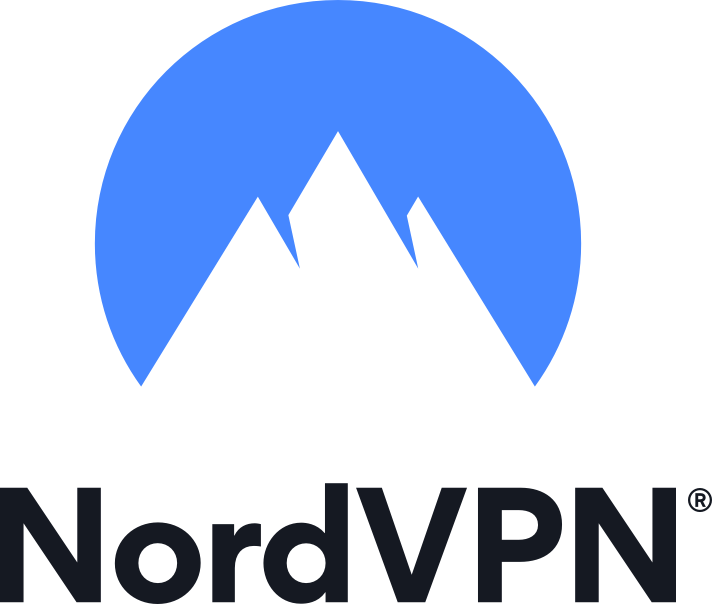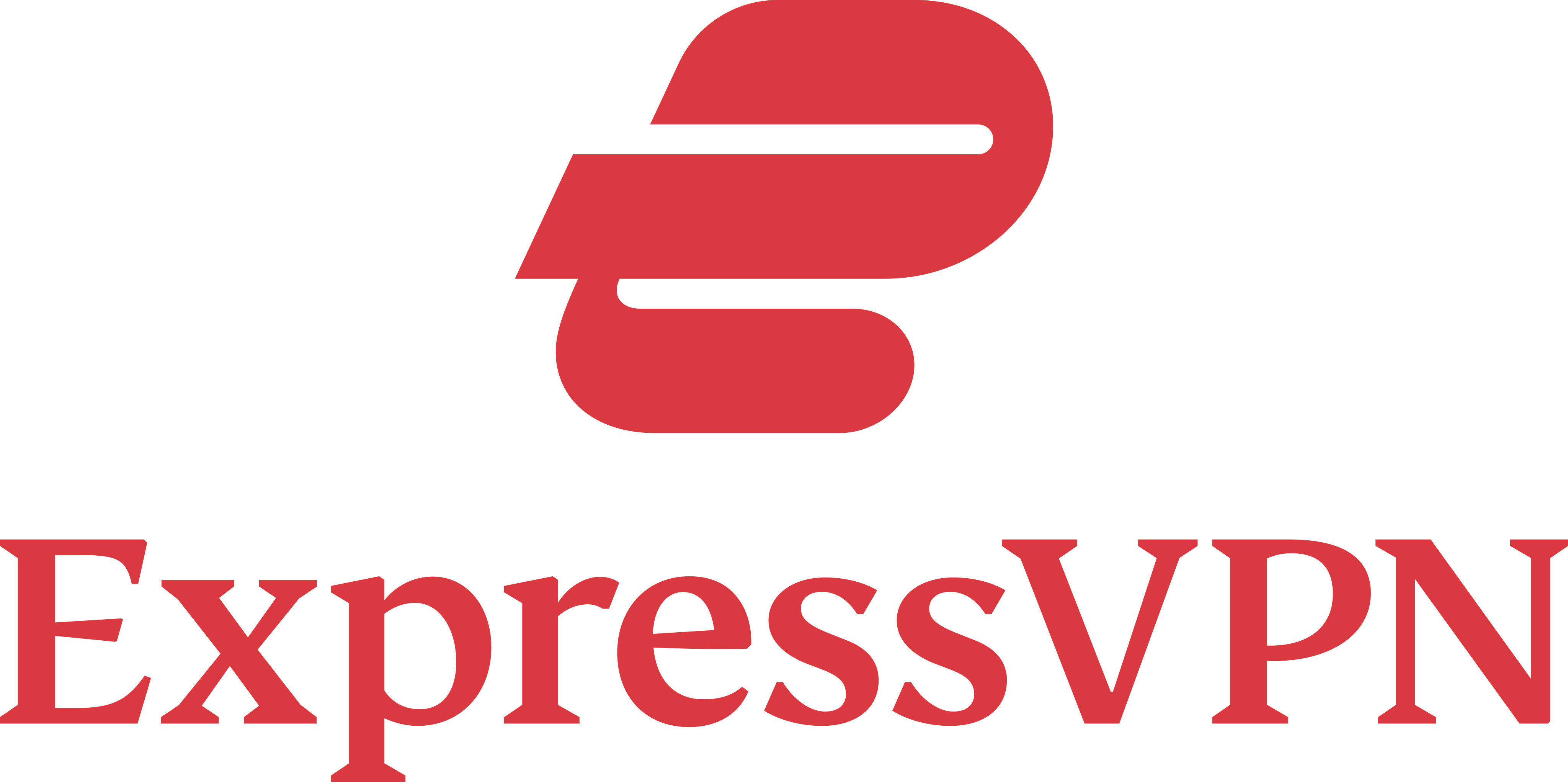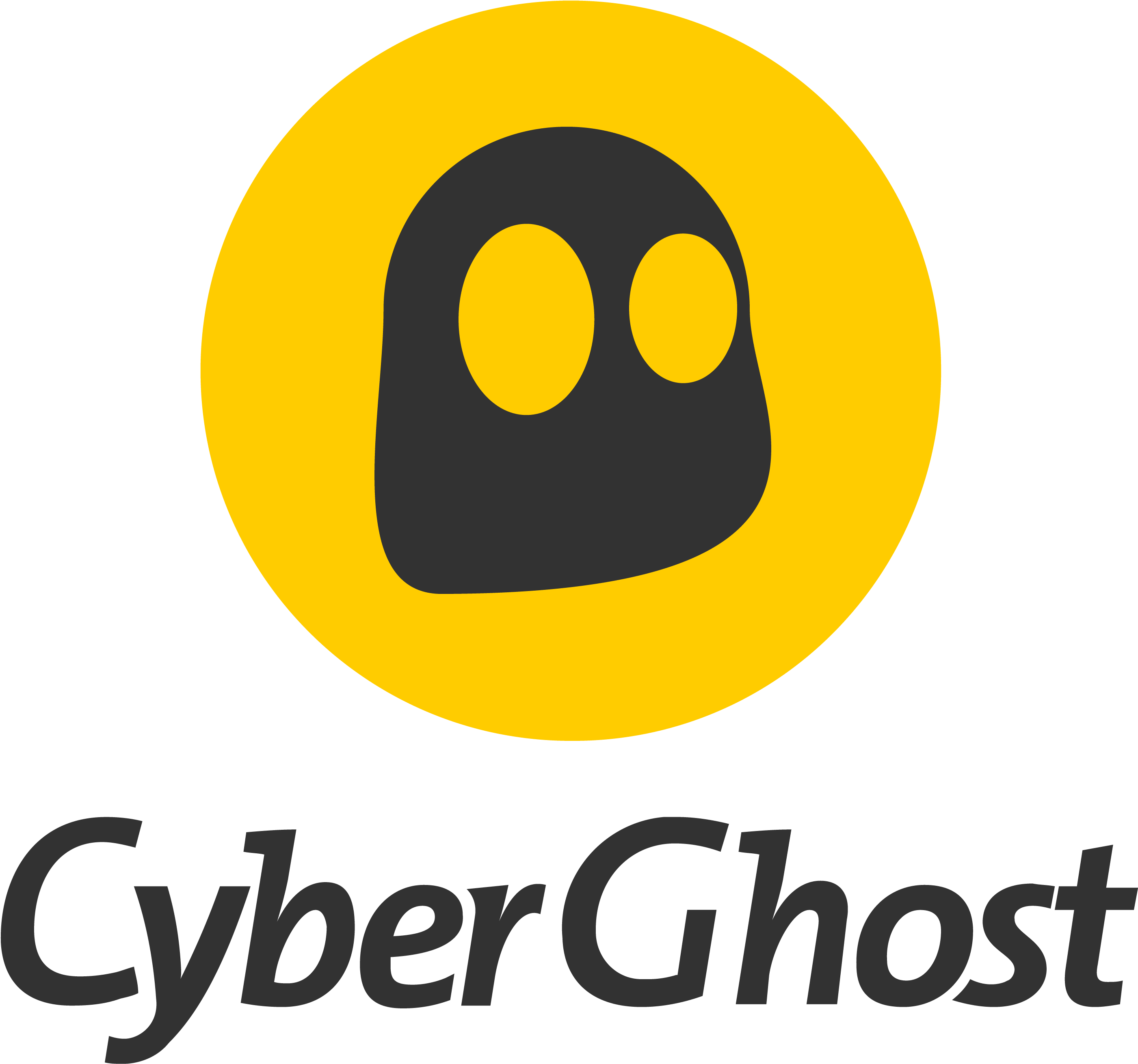VPN WatchDog
Stay Private, Safe and Anonymous

Safeguarding Your Online Privacy: The Practical Uses and Benefits of VPNs
In an era where our lives are increasingly intertwined with the digital world, ensuring online privacy has become paramount. With cyber threats and invasive data collection on the rise, individuals are turning to Virtual Private Networks (VPNs) as a reliable tool to protect their personal information and maintain anonymity online. This article explores the practical uses and benefits of VPNs for the general consumer, emphasising the importance of privacy protection in today’s interconnected landscape
Shielding Personal Data from Prying Eyes: One of the primary uses of VPNs is to encrypt data transmissions, shielding your online activities from potential eavesdroppers. By establishing a secure tunnel between your device and the VPN server, VPNs prevent malicious actors, hackers, or even your internet service provider (ISP) from accessing your sensitive information, such as passwords, financial data, or personal conversations.
Preserving Anonymity: VPNs enable users to maintain their anonymity online by masking their IP addresses and routing their internet traffic through remote servers located in different regions or countries. By doing so, VPNs make it difficult for websites, advertisers, or government surveillance agencies to track your online activities, effectively preserving your privacy.
Bypassing Geographical Restrictions: Another practical use of VPNs is to bypass geographical restrictions imposed by certain websites or streaming platforms. By connecting to a VPN server in a different country, users can access content that may be unavailable or restricted in their region. This functionality is particularly useful for accessing region-specific streaming services, social media platforms, or online marketplaces.
Secure Public Wi-Fi Connections: Public Wi-Fi networks, although convenient, can pose significant security risks. Hackers lurking on the same network can intercept your data and potentially gain access to your personal information. VPNs encrypt your internet traffic, providing a secure connection even on unsecured public Wi-Fi networks. This safeguards your data from being intercepted and ensures your online activities remain private.
Protection Against Online Tracking:In today’s digital landscape, online tracking has become a pervasive practice. Websites, advertisers, and social media platforms constantly collect data on users’ browsing habits, interests, and preferences. VPNs prevent such tracking by hiding your real IP address and preventing websites from linking your online activities to your identity. This enhanced privacy protection empowers individuals to regain control over their personal data.

In an age where online privacy is increasingly under threat, VPNs serve as indispensable tools for safeguarding personal information, preserving anonymity, and regaining control over one’s digital footprint. By encrypting data, bypassing restrictions, and shielding users from tracking, VPNs empower individuals to protect their privacy, mitigate cyber risks, and reclaim their online freedom. As the digital landscape continues to evolve, integrating a VPN into your online routine has become an essential step towards a safer and more private online experience.
PROTECT YOUR PRIVACY

Why Privacy Protection Matters
Protecting your privacy online is not just a matter of personal preference; it is a fundamental right in the digital age. Here are a few key reasons why safeguarding your privacy should be a priority:
Preventing Data Breaches: Instances of data breaches have become alarmingly common, with personal information falling into the wrong hands. By utilising a VPN, you add an extra layer of protection that significantly reduces the risk of data breaches and identity theft.
Avoiding Targeted Advertising and Manipulation: Online advertisers constantly track your activities to serve targeted ads and influence your behaviour. With a VPN, you regain control over your online experience by preventing advertisers from profiling and targeting you based on your browsing habits.
Mitigating Government Surveillance: Governments around the world engage in various forms of online surveillance, potentially infringing on citizens’ privacy rights. VPNs help individuals maintain their anonymity, making it harder for governments to monitor and track their online activities.
Preserving Intellectual Property: For professionals, entrepreneurs, and businesses, VPNs provide an essential tool for safeguarding intellectual property. Whether it’s proprietary research, confidential client information, or trade secrets, VPNs ensure that sensitive data remains protected from unauthorised access.








